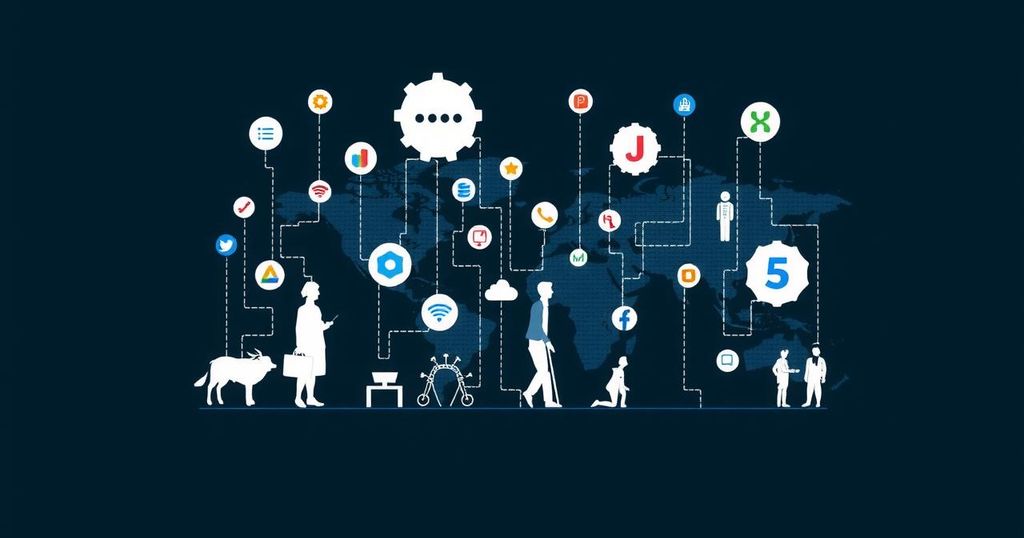Summary
The ongoing debate between proprietary and open-source software (OSS) continues to evolve, with a recent $3 billion startup leading the way towards a novel licensing framework known as “fair source.” Developer software company Sentry is at the forefront of this initiative and has garnered support from several others in the industry, including GitButler, a venture founded by a co-creator of GitHub. The fair source licensing model aims to create a middle ground between the realms of open and proprietary software by introducing new definitions, terminologies, and governance structures. As many companies experience challenges with open-source strategies, the introduction of fair source provides an alternative that allows organizations to engage with the open-source community while preserving their commercial interests. Chad Whitacre, Sentry’s head of open source, articulated that “open source is not a business model, but rather a distribution model” with inherent limitations on business operations due to licensing constraints. While successful open-source projects exist, they often serve as components within larger proprietary systems. This has led many organizations to rethink their open-source commitments, shifting from permissive licenses to more restrictive ones or abandoning open-source frameworks altogether. Whitacre highlighted that the reality reflects a software landscape primarily dominated by closed-source applications, notwithstanding some notable open-source exceptions. Sentry’s approach has transformed since its inception when it was released under a permissive BSD license. The firm adopted a Business Source License (BUSL) in 2019, which sought to mitigate competition from entities replicating their work. However, controversy arose when Sentry attempted to classify its licensed Codecov tool as open-source despite its use under BUSL, prompting discussions about the future of fair source terminology. Following significant feedback from the community, Sentry conceived the fair source license. The principal variant currently advocated is the Functional Source License (FSL), established to simplify the complexities associated with BUSL. Both this license and the BUSL are characterized by deferred open-source publication, which means the code transitions to a fully open-source license after a specific time frame. Such a stipulation is imperative as it allows companies to safeguard their monetary investments before fully releasing their software. Experts have expressed caution regarding the ambiguities surrounding terms such as “minimal restrictions” inherent in fair source licenses. Thierry Carrez, General Manager at the Open Infrastructure Foundation, has pointed out that the discrimination fostered by noncompete clauses in fair source licenses can yield legal uncertainties, stifling innovation in the sector. Moreover, Amada Brock, CEO of OpenUK, raised concerns that introducing fair source may further complicate the existing ecosystem of software licensing, advocating instead for a redefined framework that encompasses multiple forms of software distribution. Many in the industry are wary of the potential implications for innovation and trust when a single entity controls the licensing terms. The fair source licensing movement, now backed by multiple startups, symbolizes an attempt to balance the benefits of open-source philosophy while addressing the commercial viability of software development. As the landscape shifts, seasoned entrepreneurs such as Scott Chacon, co-founder of GitButler, have begun to embrace these new license categories, finding merit in fostering flexibility while navigating their business models. In conclusion, the emergence of fair source as a licensing category indicates a critical evolution in how software is distributed and commercialized. It offers a prospective framework that balances openness with the necessity for secure business operations, although it demands careful navigation to withstand scrutiny regarding its implications for innovation and community trust. By fostering open discourse and progressively refining its principles, the fair source initiative could potentially reshape the software landscape.
Original Source: techcrunch.com

Leave a Reply